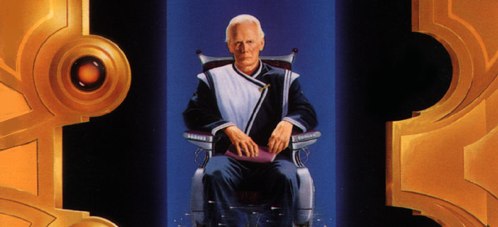Quadcopters Play Catch Better Than Most Humans!
Sunday, March 10th, 2013Quadcopters are the new must-have toys of the tech-headed kids. They’re showing up everywhere and there are thousands of them out ‘in the wild’.
For those frightened that these things will eventually be controlled by SkyNet, this latest advancement in their abilities is only going to reinforce that paranoia.
For the rest of us who believe our robot friends would never hurt us based on a set of laws thrust into existence by an author of science fiction novels? This is pretty awesome to watch.
For a more detailed description of how exactly this whole process works, you can check out RoboHub for a more educational explanation than anything you’re ever going to find here.
Those that just want to be amazed at a serious demonstration of how organized, responsive, agile….
Know what? Forget we ever called those people paranoid.
